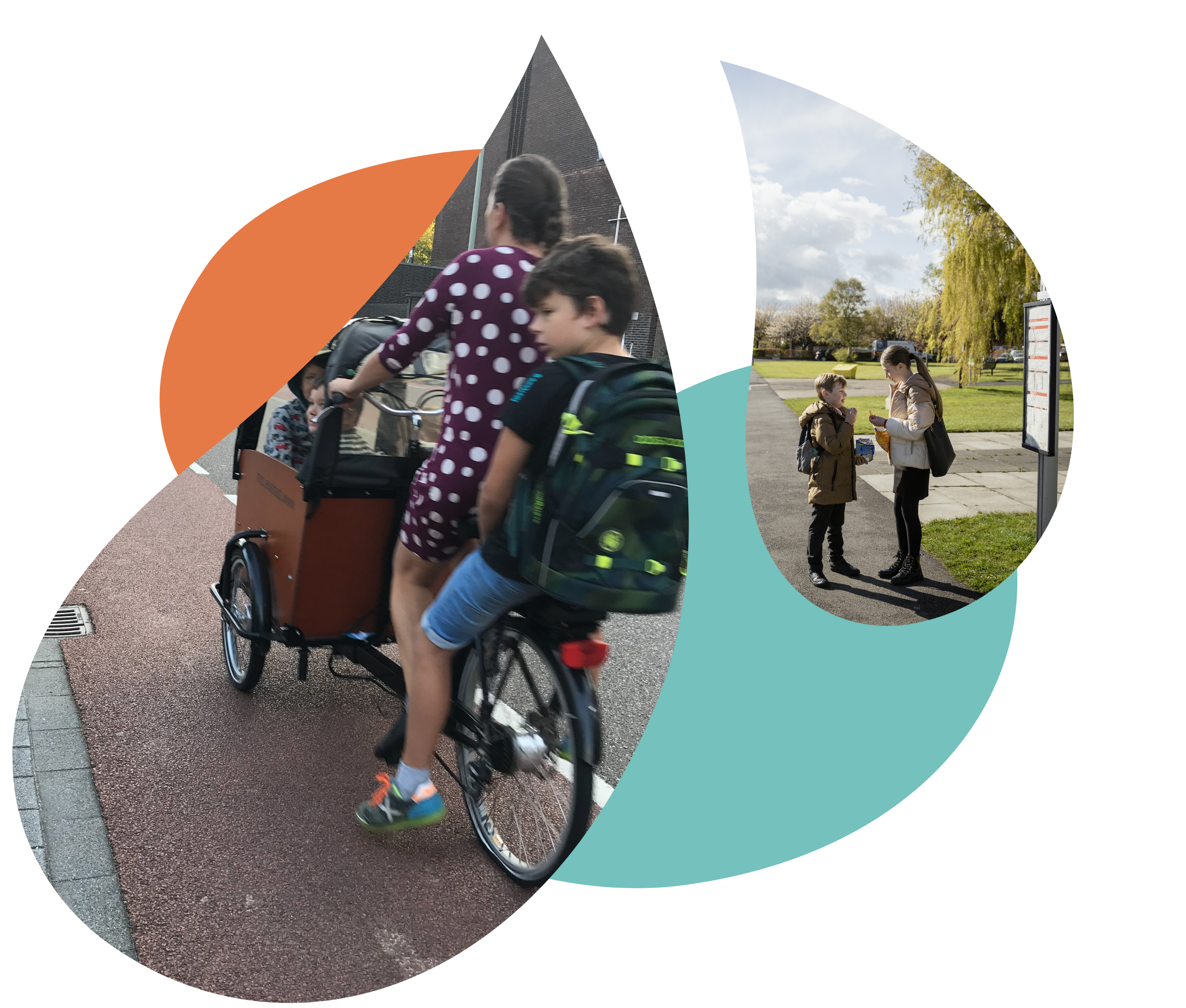Research line 7: Transport poverty
Transport poverty and sustainable travel: families in socially vulnerable areas

This research line provides an insight into how a fairer and more sustainable transport system can be achieved in the context of the Green Deal without reproducing already existing intersectional inequalities.
The aim of the research is to identify what triggers and hinders behavioural change towards more sustainable travel in socially vulnerable areas and to provide knowledge on how Green Deal measures for more sustainable mobility practices can contribute to both sustainability and social justice.
Research approach
The study uses theory and methods from sociology, psychology, gender studies, mobility studies, and urban planning to address the problem behaviour of road transport, which remains one of the biggest sources of air pollution in Europe. The study is implemented as six case studies, in Belgium, Greece, Italy, Portugal, Romania, and Sweden.
Research cycle #1
May 2022 – April 2023
Narratives will provide rich descriptions of transport-related challenges faced by intersectionally gendered families living in socially deprived urban and rural areas, in order to understand the motivations (or lack thereof), barriers, abilities and willingness for change towards more sustainable travel practices. The expected outputs of this cycle include:
- 60 narrative summaries,
- 6 country level reports,
- a consolidated research line report.
Research Cycle #2
April 2023 – January 2025
An experimental action research with participants will be implemented, including focus groups and workshops to involve organizations and local authorities considered as intermediaries for change. The expected outputs of this cycle are:
- a report on key findings,
- a report on interdependencies and best strategies.
Expected impacts
Overall, the research line will:
- contribute to the knowledge of transport poverty, an under-researched issue that is poorly communicated to transport engineers, decision-makers and consultants working on the improvement of transport systems;
- address the existence of social, economic and cultural barriers to the use of urban cycling infrastructures, particularly affecting women and ethnic minority groups, and the implications of rising fuel prices for vulnerable families in rural and urban contexts;
- focus on rural areas, often neglected in research, and combine urban and rural case studies;
- establish connections with existing bottom-up initiatives addressing the theme of transport poverty across EU and beyond – and thereby contribute with knowledge on how to achieve a more just and sustainable transport system within the context of Green Deal.
Newsletter
Keep up to date with the latest project news, developments, and results.
